These are the nutrients your body needs but doesn't produce on its own

Walking through the supplements aisle in a pharmacy or supermarket can be pretty daunting when you’re greeted with a plethora of vitamins, oils and other pills or concentrates available in the market. But which ones do we really need?
While that depends on our diet and lifestyle, there are some that we can only derive from foods or supplements because our bodies don’t produce them.
This is why it’s important to maintain a balanced diet that provides all the essential ingredients to keep our body in tip-top condition.
“Are we sure that we ate a variety of food a day to know if we have had adequate amounts of Vitamin D, full range of Vitamin Bs, Magnesium, Omega-3 fatty acids per day?” asks Alessia Tan, nutritionist and business mentor at USANA Health Sciences.
“Studies show that many people are lacking in these nutrients because of our highly processed food, diminishing amounts of nutrients due to soil erosion and increase in pollution in our environment.
The increase in chronic diseases in Singapore shows that our lifestyle requires additional support from supplements to thrive.
Supporting and nourishing your body with all the essential nutrients it needs is your best bet to living, feeling, and looking your best.”
Our diet should ideally provide all the nutrients we need so we don’t need to supplement it with more. But everyone’s body is made different and the amount of essential nutrients the body produces also depends on genetics.
So if you’re considering supplements to fulfil your essential nutrient needs be sure to talk to a doctor or pharmacist so that you get the products and quantity best suited for you.
Here are a few crucial nutrients that our body doesn’t produce.
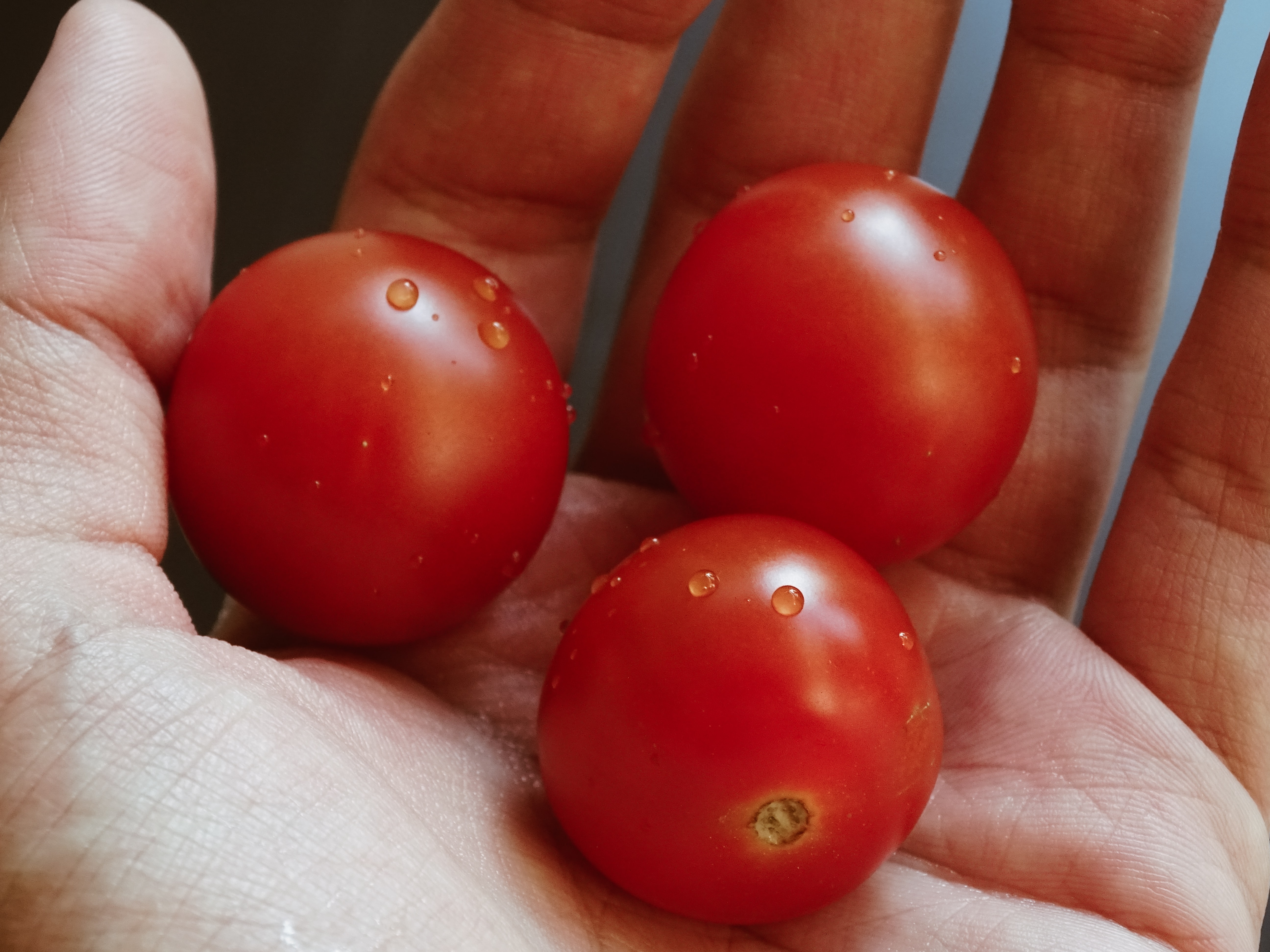
Iron is the most common mineral that many people may lack. Iron deficiency can result in fatigue and other more serious health problems.
Coming in at a close second is potassium, which the body requires to keep itself hydrated, and calcium, which helps to maintain bone health.
While your body needs sodium to maintain the balance of fluids, too much of it can lead to health problems.
Where to get them: Many vegetables, fruits and whole grains are packed with iron, and you can easily find milk that’s fortified with iron from the supermarket.
Bananas, spinach and watermelon, which contain high amounts of potassium, are great sources of the mineral. However, for sodium, we get enough of it from the foods we eat, so there’s no need to add extra salt to your food.
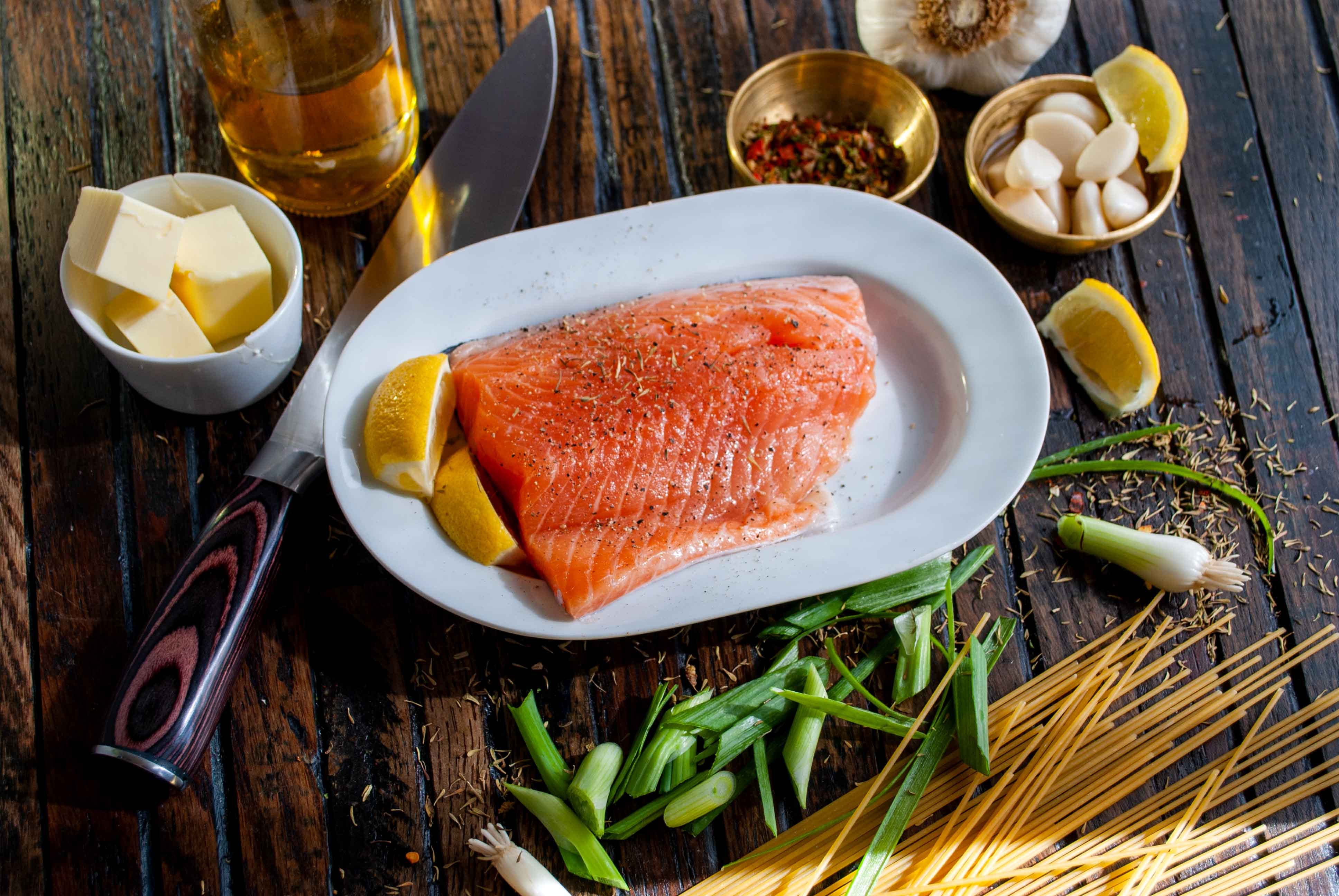
Omega-3 fats are healthy, monounsaturated fats that guard against heart disease, stroke and cancer. They are also essential for blood clotting and maintaining cell membranes in the brain.
Beauty-wise, they promote circulation in the scalp and lend a healthier shine to hair, as well as keep skin hydrated and reduce inflammation.
Where to get them: Fatty fish such as salmon, herring, sardine, mackerel and tuna. The recommended serving is two servings (3.5 ounces per serving) every week.
You can also get your omega-3s from nuts and seeds like walnuts and flaxseeds.
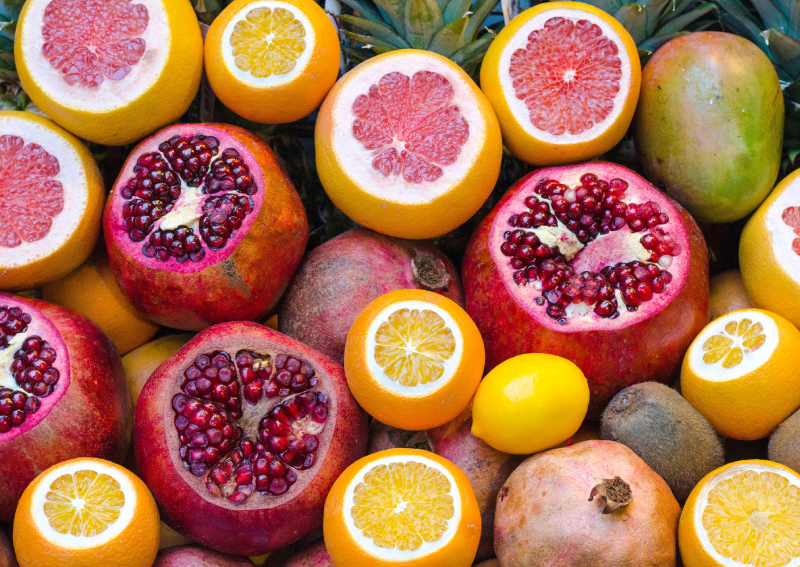
Our body requires a gamut of vitamins to sustain regular functions, so if you don’t get the ones you need through your diet, you might want to consider taking supplements.
For instance, vitamin A is linked to improved vision, brain function, and cell health. Vitamin B supports cell metabolism, brain function and the production of red blood cells.
Vitamin C helps our body produce protein, absorb iron, build immunity and is vital for growing, developing and repairing all our body tissues.
Vitamin D helps our body absorb calcium and supports bone health. And the list goes on.
Where to get them: Vitamin A can be found in colourful fruits and veggies such as carrots, pumpkins, broccoli, kale, apricots, asparagus and mangoes, while vitamin B come from proteins like poultry, fish, eggs and dairy products, as well as beans, peas and leafy green vegetables.
Citrus fruits such as oranges and grapefruits are rich in vitamin C, and your go-to source for vitamin D is the sun, so get out and soak in some rays (after slapping on sunscreen)!
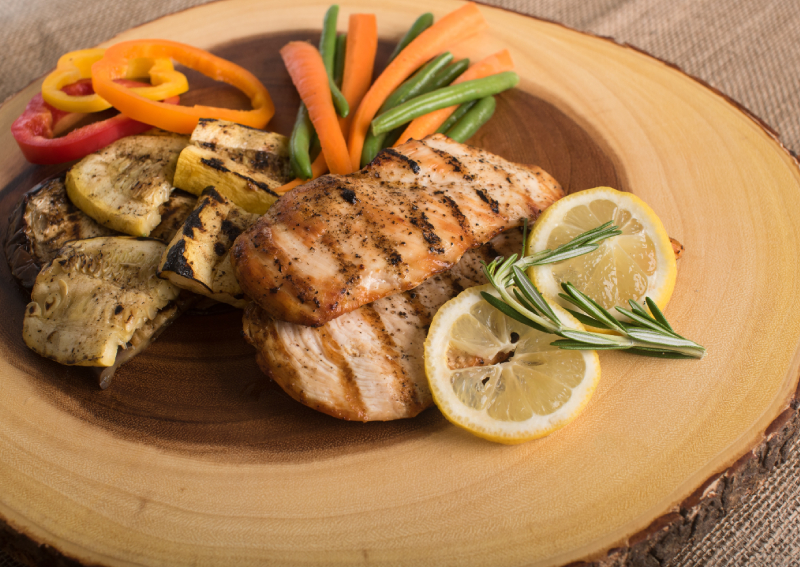
Our body uses protein to build and repair tissues. An essential component of every cell, it is made from amino acids, which our body is unable to produce enough of.
So our main source of amino acids has to come from our diet.
Where to get them: Complete proteins such as poultry, fish, lean meat, cheese and eggs contain all the amino acids we need.
A wide variety of incomplete proteins like grains, legumes, nuts and seeds should also be consumed to meet all your amino acid needs.

Yes, water. Even though water makes up about 60 per cent of our body weight, our body doesn’t produce this essential nutrient.
Water transports nutrients and oxygen to all the cells in our body, and transports waste from our cells.
It regulates our body temperature and hydrates our muscles and skin. The recommended amount for adults is 64 ounces a day and eight ounces each time.
Where to get it: Obviously, clean water. But your hydration sources can also come from juices, milk and tea.
Coconut water is a great thirst-quencher too, as it is high in potassium, and is even more hydrating than plain water.
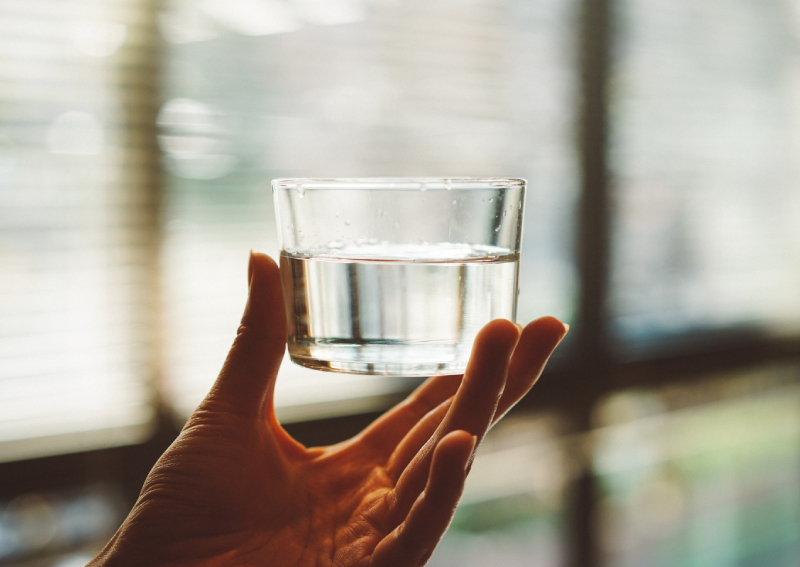
If you’re considering taking supplements, Alessia has some tips to share.
“If you are encountering pain, hair loss, digestive issues, fatigue or chronic symptoms, likely you will need additional nutritional support as it is your body’s way of telling you that you are deficient in certain nutrients.
But for a healthy adult, a basic multivitamin and Omega-3 fatty acids will suffice. Do not buy any brands from the website that have not gone through checks and are unauthorised.
Even retail brands might have qualities that may horrify you if you know what goes into it.
Use third party credentials like ‘Nutrisearch Comparative Guide’ and consumerlab.com that have scientists testing thousands of brands in the lab and are unbiased towards any brand.”
This article was first published in Her World Online.